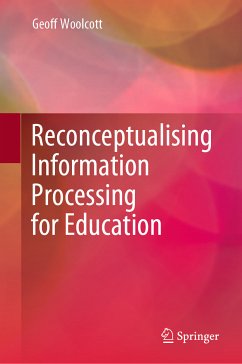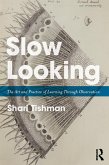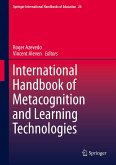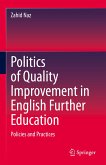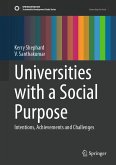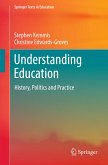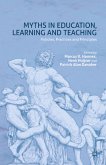This book presents a novel conceptualisation of universal information processing systems based on studies of environmental interaction in both biological and non-biological systems. This conceptualisation is used to demonstrate how a single overarching framework can be applied to the investigation of human learning and memory by considering matter and energy pathways and their connections. In taking a stance based on everyday interactions, as well as on scientific practices, the conceptualisation is used to consider educational theories and practices, exemplified by the widely cited cognitive load theory. In linking these theories and practices more closely to scientific thinking, the book embraces an holistic approach to informational interactions, not limited to conceptualisations of pattern, signal or meaning. The book offers educational researchers and educators an opportunity to re-think their approach to instruction - to take all facets of student learning environments into account in increasing human knowledge, skills and experiences across society.
Dieser Download kann aus rechtlichen Gründen nur mit Rechnungsadresse in A, B, BG, CY, CZ, D, DK, EW, E, FIN, F, GR, HR, H, IRL, I, LT, L, LR, M, NL, PL, P, R, S, SLO, SK ausgeliefert werden.
Hinweis: Dieser Artikel kann nur an eine deutsche Lieferadresse ausgeliefert werden.

